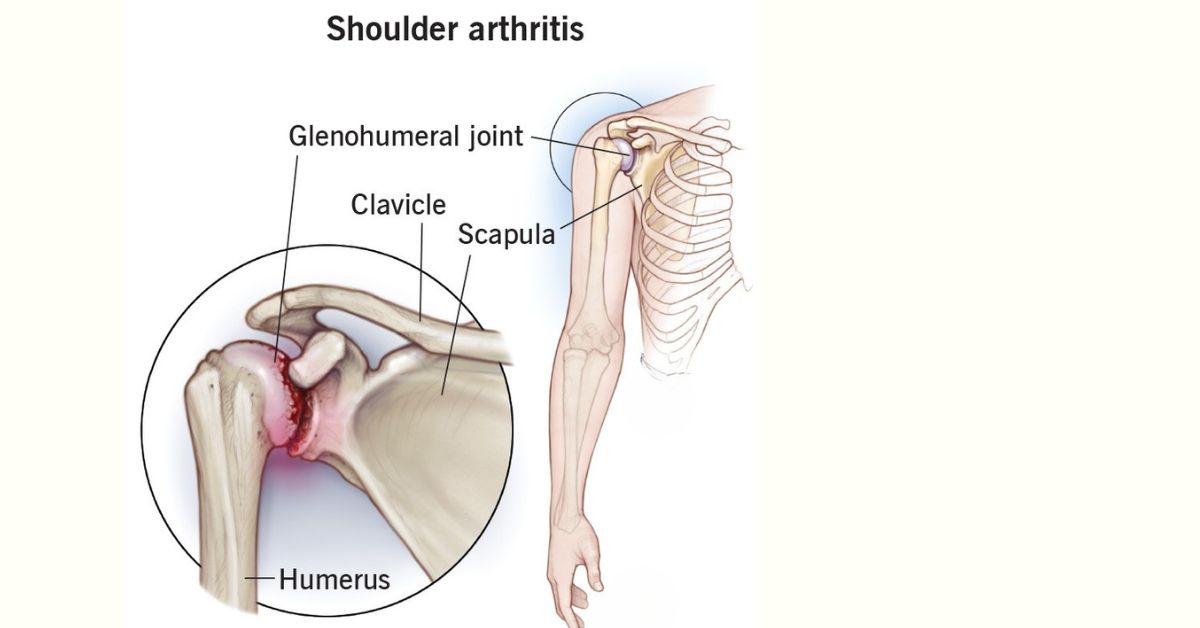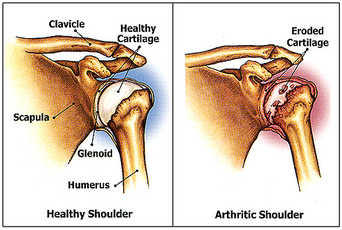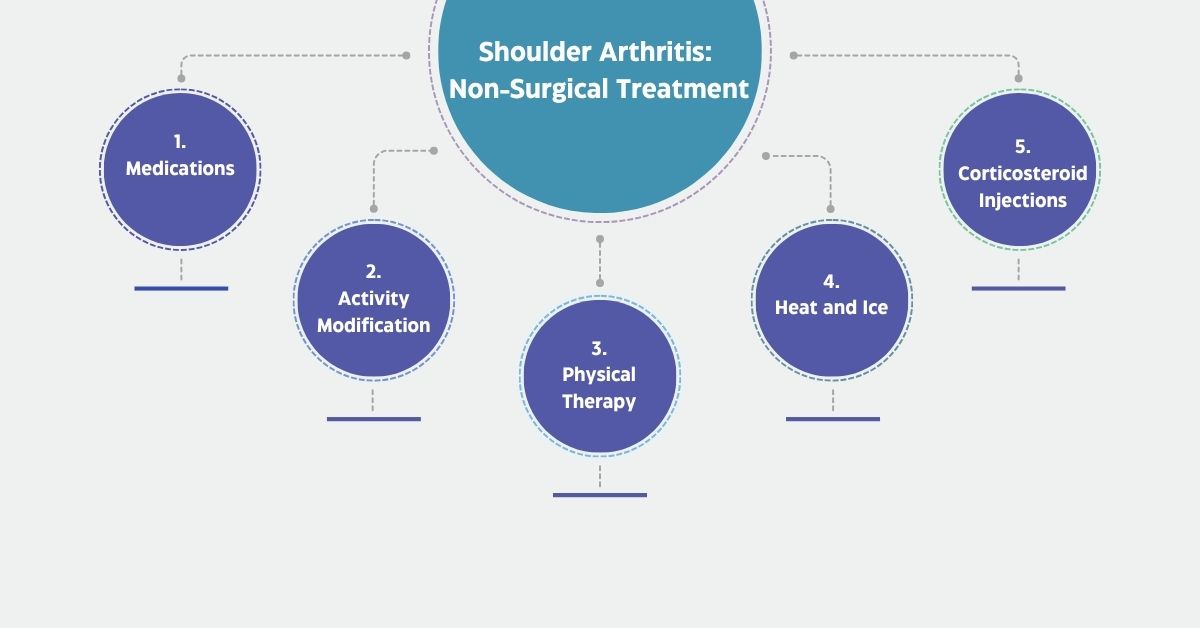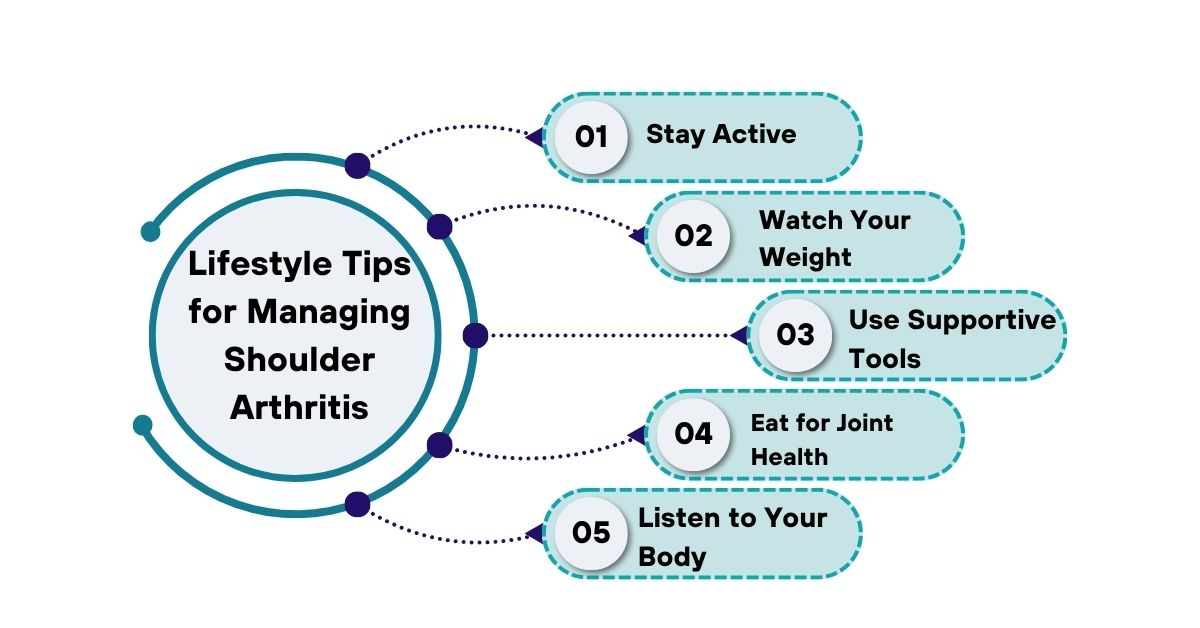Manage Shoulder Arthritis In Mumbai
Shoulder arthritis can make even simple tasks like lifting your arm or reaching for something painful. It’s not just a problem for older adults—shoulder arthritis affects people of all ages due to wear and tear, injury, or medical conditions.
Ignoring the symptoms can reduce mobility and affect your quality of life. But the good news is: there are ways to manage it.
This blog covers the causes, symptoms, diagnosis, treatment options, and self-care tips that help you take control of shoulder arthritis and live better.
What Is Shoulder Arthritis?

Shoulder arthritis is a condition where the cartilage in the shoulder joint breaks down. Cartilage helps bones glide smoothly over each other. When it’s damaged or worn out, bones rub together, causing pain and stiffness.
There are several types:
- Osteoarthritis: Most common. Happens due to age and joint wear.
- Rheumatoid arthritis: Autoimmune condition where the body attacks joint tissue.
- Post-traumatic arthritis: Develops after a shoulder injury or fracture.
- Rotator cuff tear arthropathy: Occurs after long-term rotator cuff damage.
- Avascular necrosis: Bone tissue dies due to poor blood flow.
Common Symptoms
Shoulder arthritis can develop slowly. You might notice:
- Pain while moving or resting
- Stiffness and limited range of motion
- Clicking or grinding sounds
- Swelling around the joint
- Weakness in the shoulder
- Difficulty with tasks like combing hair or dressing
Symptoms may worsen over time if not managed properly.
Diagnosing Shoulder Arthritis
A proper diagnosis is key to planning treatment.

Your doctor will:
- Ask about your symptoms and medical history
- Perform a physical examination to check mobility, strength, and tenderness
- Order imaging tests like X-rays or MRIs to assess joint damage
Blood tests may be done to rule out infections or autoimmune disorders like rheumatoid arthritis.
Non-Surgical Treatment Options
In early stages, shoulder arthritis can often be managed without surgery. Treatment focuses on pain relief and maintaining mobility.
Here’s what works:

- Medications: Over-the-counter pain relievers like ibuprofen or acetaminophen can reduce pain and inflammation.
- Activity Modification: Avoid repetitive overhead movements. Rest during flare-ups.
- Physical Therapy: Strengthening and stretching exercises improve mobility and reduce stiffness.
- Heat and Ice: Heat relaxes muscles. Ice reduces swelling.
- Corticosteroid Injections: Short-term relief by reducing inflammation within the joint.
These steps help control symptoms and delay the need for surgery.
Surgical Options
If pain persists and daily life is affected, surgery may be necessary.
Common procedures include:
- Arthroscopy: Minimally invasive. Removes loose fragments or cleans the joint.
- Shoulder Replacement (Arthroplasty):
- Total shoulder replacement: Replaces both ball and socket of the joint.
- Reverse shoulder replacement: Used when rotator cuff is severely damaged.
- Total shoulder replacement: Replaces both ball and socket of the joint.
- Hemiarthroplasty: Only the ball of the joint is replaced.
Surgery provides long-term pain relief and restores function when other treatments fail.
Lifestyle Tips for Managing Shoulder Arthritis
Managing shoulder arthritis isn’t just about treatments. Daily habits make a big difference.

- Stay Active: Gentle stretching and low-impact exercises like swimming can maintain strength and flexibility.
- Watch Your Weight: Extra body weight increases stress on joints, even in the shoulder.
- Use Supportive Tools: Tools like reachers or ergonomic handles can reduce strain on your shoulder.
- Eat for Joint Health: Include foods rich in omega-3s, calcium, and vitamin D. Cut down on sugar and processed food.
- Listen to Your Body: Don’t push through sharp pain. Take breaks when needed.
Being consistent with these habits helps you stay in control.
When to See a Doctor
If shoulder pain:
- Lasts more than a few weeks
- Worsens over time
- Limits your daily activities
- Interrupts your sleep
It’s time to get professional help. Early treatment prevents further joint damage.
Doctor Introduction
Dr. Chintan Vinod Desai is a consulting Shoulder Surgeon practicing across Tardeo, Parel, Dadar, Mumbai Central, Lalbaug, Santacruz, and Mulund, Mumbai.
He specializes in treating a wide range of shoulder conditions including instability, frozen shoulder, impingement, rotator cuff tear, shoulder arthritis, and calcific tendonitis. With extensive training and experience, Dr. Desai is known for performing the latest and most effective surgical and non-surgical treatments for shoulder-related issues.
FAQs
1. Is shoulder arthritis curable?
Shoulder arthritis can’t be reversed, but it can be managed. With the right treatment, pain can be reduced and movement can be improved.
2. How long does recovery take after shoulder replacement?
Recovery varies, but most people regain good function within 3 to 6 months. Full recovery can take up to a year with proper rehab.
3. Can shoulder arthritis go away on its own?
No. Arthritis is a progressive condition. Ignoring it can lead to more stiffness and pain over time.
4. What’s the difference between frozen shoulder and arthritis?
Frozen shoulder affects the joint capsule and causes stiffness. Arthritis damages the cartilage. A doctor can tell the difference through exams and imaging.
5. Are there any home remedies for shoulder arthritis?
Applying heat, doing gentle stretches, eating anti-inflammatory foods, and maintaining good posture can help reduce symptoms at home.
Conclusion
Shoulder arthritis can interfere with simple daily activities—but it doesn’t have to control your life. With timely diagnosis, medical support, and healthy habits, you can manage the condition effectively.
Don’t ignore shoulder pain. Consult a specialist like Dr. Chintan Vinod Desai to understand your options and get the care you deserve.
Take that first step toward relief today.


